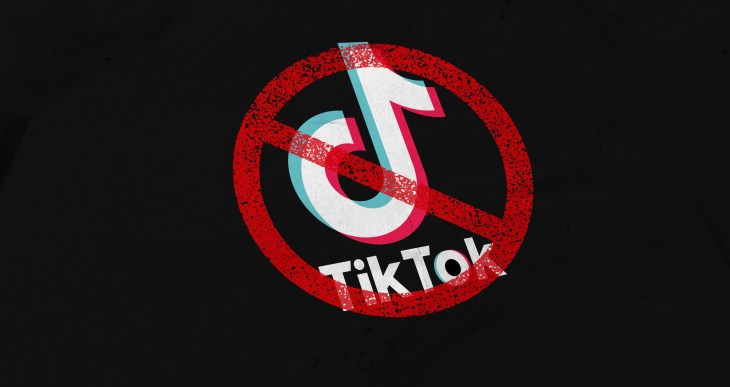The Senate passed a bill, included with the foreign aid package, that will ban TikTok if its owner, ByteDance, doesn’t sell it within a year. Senators passed the bill 79-18 Tuesday after the House passed it with overwhelming majority over the weekend.
President Joe Biden will have to sign the bill to make it law. He intends to do so on Wednesday, according to the White House.
Notably, the House in March passed a similar standalone bill to ban TikTok or force its sale with a six-month time limit. However, the Senate never took that bill up. This time, as the bill was tied with critical foreign aid to Ukraine, Israel and Taiwan, the Senate had to make a decision.
TikTok didn’t immediately release a statement. However, Michael Beckerman, the company’s head of public policy for the Americas, said that the company plans to challenge the move in courts, according to Bloomberg.
“This is an unprecedented deal worked out between the Republican Speaker and President Biden. The stage that the bill is signed, we will move to the courts for a legal challenge,” he said in a memo to TikTok’s U.S. staff earlier this week.
The bill gives ByteDance nine months to force a sale with a 90-day extension, which is effectively a year to complete the deal.
Last week, when the House passed the bill, TikTok said it was “unfortunate” that the House was using the cover of important foreign and humanitarian assistance to jam through a ban bill that restricts the “free speech rights of 170 million Americans.”
While TikTok operates out of Singapore, the U.S. has been concerned about the data of its citizens, given the Chinese ownership of the social media platform. TikTok has continually tried to assure the government that it doesn’t give out U.S. user data to China with different campaigns.
TikTok has also attempted to make a point that the platform is essential for creators and small businesses in the U.S. Earlier this month, the company released an economic impact report stating that TikTok generated $14.7 billion for small to mid-sized companies in the country. The report also noted that more than 7 million U.S.-based businesses rely on the platform.
Civil rights groups, including the American Civil Liberties Union (ACLU) and the Electronic Frontier Foundation (EFF) have opposed the app’s ban. Last month, creators also voiced concern about a potential TikTok ban impacting their incomes.
Despite expressing security concerns over the app, Biden joined TikTok in February, potentially to reach young voters. Inversely, Donald Trump, who made moves to put sanctions on TikTok as president, has rallied against the ban.
